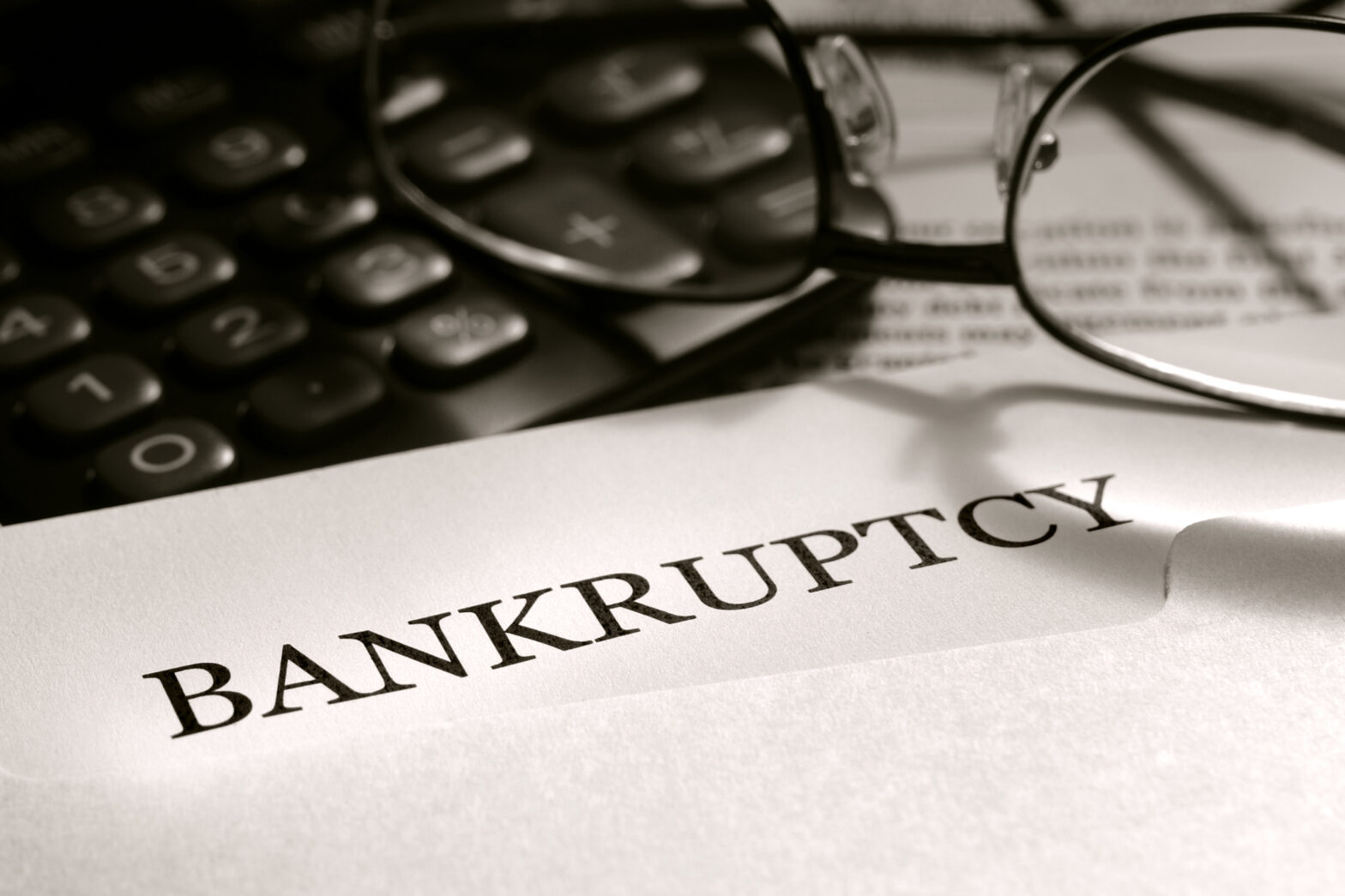In her excellent book Smile or Die: How Positive Thinking Fooled America and The World, Barbara Ehrenreich criticises the relentless culture of positive thinking, which contributed to the build-up of bad debts, dodgy loans and excessive risk taking in the pre-credit crunch milieu. Back then so-called self-help books encouraged people to believe that by simply concentrating their thoughts hard enough on positive ideas the universe would deliver them prosperity. A far cry from our new age of realism and austerity.
But while mindless optimism is undoubtedly a liability to business – and arguably the economy as a whole – SMEs should still take comfort in the fact that many successful people have either come close to bankruptcy or have gone bankrupt at some point.
For example, Henry Ford lost everything twice before founding Ford Motor Company in 1903, revolutionising the American automotive industry. Walt Disney ran up huge debts in his first venture and the company folded, five years later Mickey Mouse made his first outing in Plane Crazy, and the rest is history.
Michael Acton Smith, founder of Moshi Monsters, one of the UK’s fastest growing websites, is also no stranger to staring over the precipice. Having sunk around £5 million of investment in a failed venture he was on the verge of throwing in the towel. ‘We still had £1 million left in the bank, and I decided to give it one more roll of the dice,’ he recalls. In little more than a year the company went from burning money to hitting a projected turnover over of £10 million before 2011.
Now his optimism is boundless. ‘At the moment we’re riding a lot of momentum, now would be far too early to sell. We’re shooting for a massive exit. I’d rather do that and risk the whole thing, than opt for an early one. We’ll be looking for an exit on the scale of what you see in Silicon Valley and rarely get in London,’ he says.
Any entrepreneur worth their salt will tell you that the key to success is knowing when to see the glass as half full and when to take a half empty approach. Yes, the financial outlook for businesses is scary and SMEs should be doing everything they can to shore up cash flow. But without a measured degree of optimism the paralysis of analysis sets in – think how many businesses would never get off the ground if they took to heart the survival odds of new ventures. The same can-do spirit goes for giving it a second shot.
As the presider over another great financial crisis, Franklin D. Roosevelt, said: ‘The only thing we have to fear is fear itself.’





